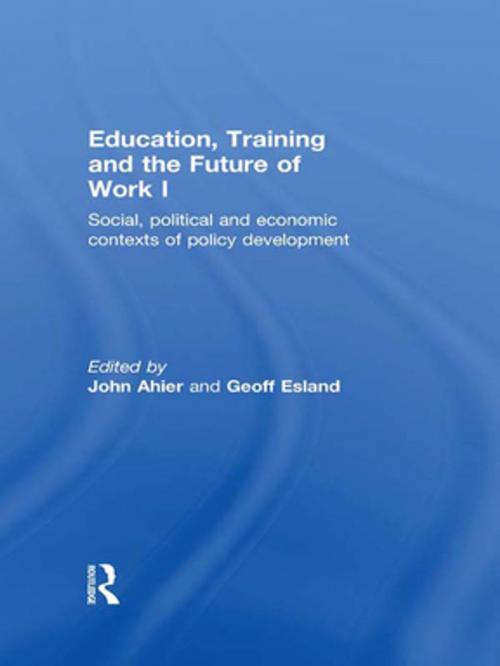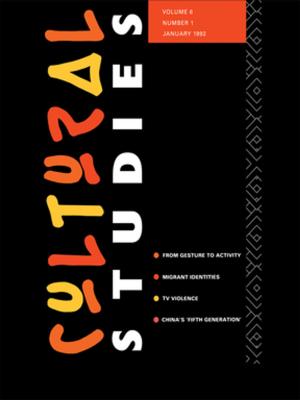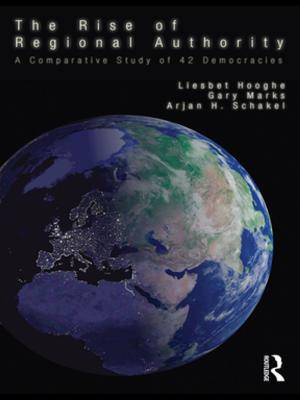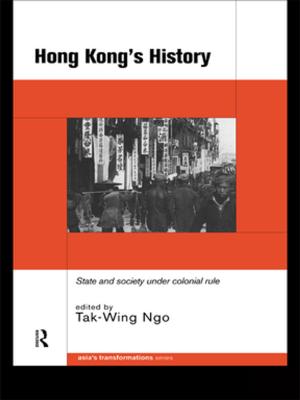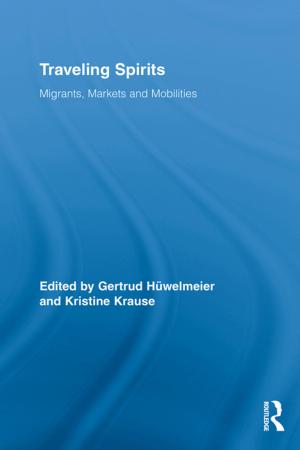Education, Training and the Future of Work I
Social, Political and Economic Contexts of Policy Development
Nonfiction, Reference & Language, Education & Teaching| Author: | ISBN: | 9781136289507 | |
| Publisher: | Taylor and Francis | Publication: | October 18, 2013 |
| Imprint: | Routledge | Language: | English |
| Author: | |
| ISBN: | 9781136289507 |
| Publisher: | Taylor and Francis |
| Publication: | October 18, 2013 |
| Imprint: | Routledge |
| Language: | English |
A central claim of this volume is that public policy in education and training can only be properly understood if it is seen in relation to prevailing economic and employment conditions. It has become increaslingly apparent that the neo-liberal economic policies pursued by Western governments during the 1980s and 1990s have led to a growing world-wide 'work crisis'. Unemployment levels, particularly in Europe, remain persistently high, and for those in employment, job insecurity and long working hours have become the norm. The response of UK governments has been to promote 'flexibility' in employment practices while proclaiming the importance of improving skill levels through education and training.
This volume challenges the adequacy of such an approach, and asks whether reliance on education and training reforms without additional political intervention in economic processes is capable of reversing current trends.
Issues covered in this reader include:
* the impact of globalization on employment trends
* neo-liberal and neo-Keynesian approaches to employment policy
* political reforms in education and training institutions
* the impact of flexibilization on private life and the family.
The two volumes in this series are readers for the Open University course Education, Training and the Future of Work, E837, a module of the MA in Education. The companion volume is Education, Training and the Future of Work II: Developments in Vocational Education and Training.
John Ahier is Lecturer in Education at the Open University. Geoff Esland is Director of the Centre for Sociology and Social Research at the Open University and Course team Chair of E837.
A central claim of this volume is that public policy in education and training can only be properly understood if it is seen in relation to prevailing economic and employment conditions. It has become increaslingly apparent that the neo-liberal economic policies pursued by Western governments during the 1980s and 1990s have led to a growing world-wide 'work crisis'. Unemployment levels, particularly in Europe, remain persistently high, and for those in employment, job insecurity and long working hours have become the norm. The response of UK governments has been to promote 'flexibility' in employment practices while proclaiming the importance of improving skill levels through education and training.
This volume challenges the adequacy of such an approach, and asks whether reliance on education and training reforms without additional political intervention in economic processes is capable of reversing current trends.
Issues covered in this reader include:
* the impact of globalization on employment trends
* neo-liberal and neo-Keynesian approaches to employment policy
* political reforms in education and training institutions
* the impact of flexibilization on private life and the family.
The two volumes in this series are readers for the Open University course Education, Training and the Future of Work, E837, a module of the MA in Education. The companion volume is Education, Training and the Future of Work II: Developments in Vocational Education and Training.
John Ahier is Lecturer in Education at the Open University. Geoff Esland is Director of the Centre for Sociology and Social Research at the Open University and Course team Chair of E837.
